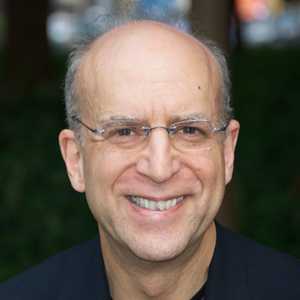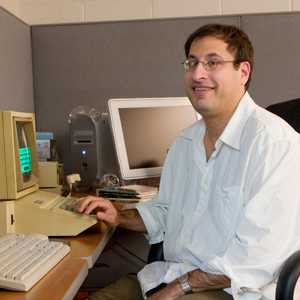Preserving Virtual Worlds
A MITH Research Update
Speakers


__Twitter..jpg)

Interactive media are highly complex and at high risk for loss as technologies rapidly become obsolete. The Preserving Virtual Worlds project is actively exploring methods for preserving digital games and interactive fiction. Major activities include developing basic standards for metadata and content representation and conducting a series of archiving case studies for early video games, electronic literature and Second Life, an interactive multiplayer game. Project partners are the University of Illinois at Urbana-Champaign (lead), the University of Maryland, Stanford University, Rochester Institute of Technology and Linden Lab. Second Life content participants include Life to the Second Power, Democracy Island and the International Spaceflight Museum. The Preserving Virtual Worlds project is funded by the Preserving Creative America initiative under the National Digital Information Infrastructure Preservation Program (NDIIPP) administered by the Library of Congress. In this MITH Research Update, we will discuss the current state of the project eighteen months into the grant cycle, and suggest directions for future research.
Speaker Bios
Doug Reside is Assistant Director of the Maryland Institute for Technology in the Humanities (MITH). In addition to undergraduate degrees in English and Computer Science from Truman State University, he holds a PhD in English from the University of Kentucky and his dissertation, completed in 2006, proposes a theory for textual criticism and editing of musical theater texts and included an electronic edition of the 1998 musical Parade. Reside directs all programming work at MITH and has taught three courses on programming for humanities students.
A continuously updated schedule of talks is also available on the Digital Dialogues page.
Unable to attend the events in person? Archived podcasts can be found on the MITH website, and you can follow our Digital Dialogues Twitter account @digdialog as well as the Twitter hashtag #mithdd to keep up with live tweets from our sessions. Viewers can watch the live stream as well.
All talks free and open to the public. Attendees are welcome to bring their own lunches.
Contact: MITH (mith.umd.edu, mith@umd.edu, 301.405.8927).
